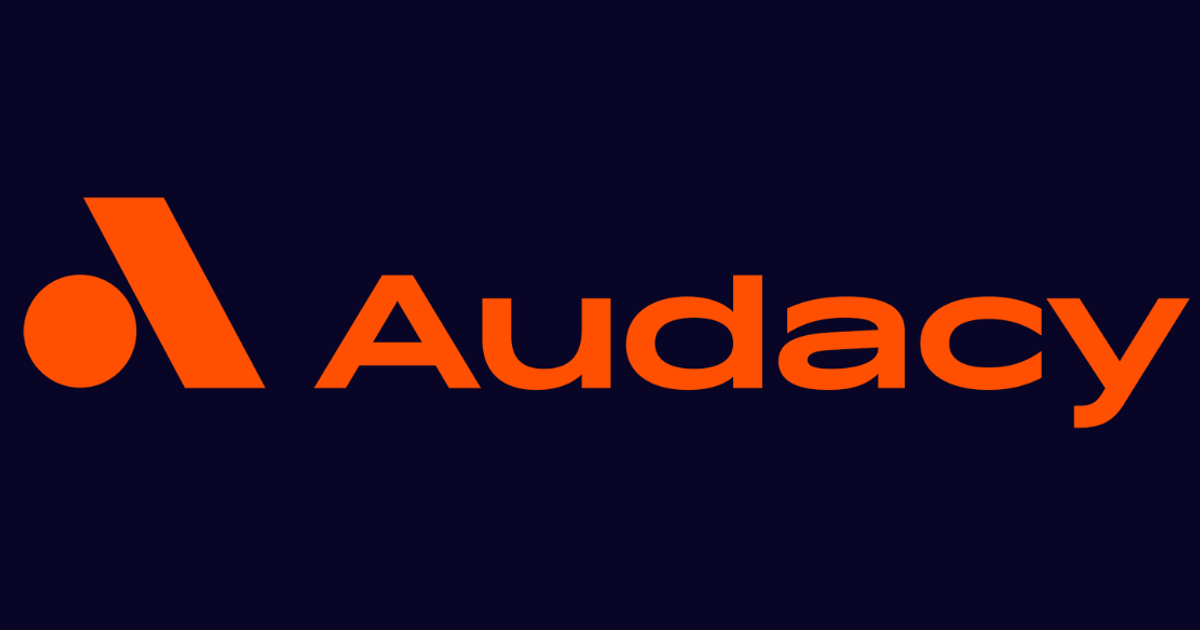
There’s a solid business case for Soros’ push into audio. While the radio industry declines and podcast advertising stalls out, the audience for audio remains strong. Nearly a third of all media consumption is audio, and the majority of in-car listeners are still tuning into radio. Listeners tend to pay more attention to ads and have more trust in the advertiser in audio than in other formats.
But Soros’ media moves could have an impact on this year’s elections. Where conservative-backed companies dominate local television and have subtle but notable influence over the tone of their content, Soros’ ownership could also prove pivotal. How, for example, would the fund react if the radio hosts on conservative stations, such as Philadelphia’s 1210 WPHT, second-guess valid electoral results come November?
A spokesperson for Soros Fund Management did not respond to an inquiry posing that question. A person familiar with the company’s thinking told Semafor that it is generally annoyed by coverage of the fund that casts its moves in a political light, noting in particular that the vast majority of Audacy stations are dedicated to sports and music, not news programming.
Whether ideology plays any role, Soros is following a format that Democratic communications officials have laid out for big-money donors to help bolster their agenda.
As Semafor reported, Democratic digital and communications strategists met last year to discuss a report put together by Arkadi Gerney, a longtime Democratic operative and communicator. The report argued that left-leaning donors could help change the conversation by challenging right-wing dominance in local television and talk radio, which the report said goes unmatched on the left.
Soros Fund Management’s acquisition of Audacy has already prompted fears among the conservative media personalities whose shows are broadcast on the company’s stations.
Dom Theodore, the program director of Glenn Beck’s radio program, told Semafor that while iHeartMedia and Cumulus both carry more conservative news talk programs, Audacy carries some conservative and straight news shows, and he hopes “that new ownership would maintain the integrity of those brands as not to do so would be a major business mistake.”
“In a healthy republic, the media is a ‘check-and-balance’ against those in power. But over the last few years, we’ve seen media outlets parroting talking points constructed by those in power, and over-consolidation of the media leading to censorship on an unprecedented scale by the elite,” he said. “This should concern every American.”
The organization’s philanthropic arm also is engaged in media efforts, as are some of Soros’ other family members. (Semafor wasted an afternoon chasing down a tip that one podcast company had held talks with Soros, only to find that the group had actually discussed licensing podcast content to Soros’ nephew, Jeffrey Soros, who runs a small media company in Los Angeles). Last year, Accelerate Change, a nonprofit group backed by the Open Society Foundations, partnered with Vox Media to spin off NowThis. As Semafor reported at the time, leaders of the new NowThis privately told people involved with the ownership transition that it planned to lean further into progressive activism.


